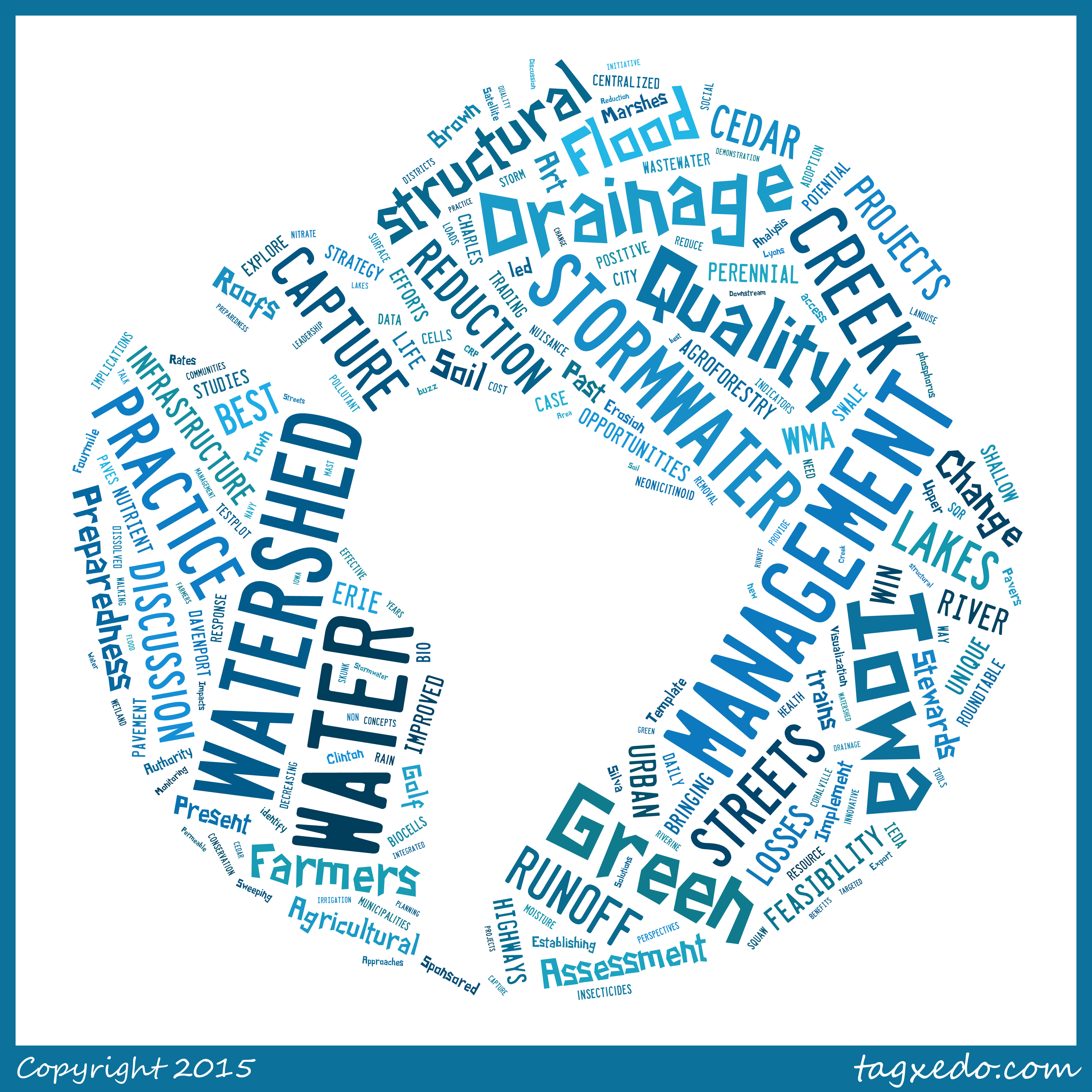At long last, the Iowa Water Center has released the request for proposals for the 2016 104(b) seed grant competition. Proposals are due November 16, 2015. This year, there are two programs for which to apply:
Seed Grant Water Research Competition
Funding of up to $30,000 for one year is available for researchers at one of Iowa’s accredited public or private universities or community colleges. Multiple year projects will be considered for the seed grant water research competition, but continued funding for subsequent years is subject to the availability of funds and progress made in the first year. The proposal must indicate what results/products can be achieved in each individual project year. Subsequent year funding is not guaranteed. Researchers seeking second-year funding must resubmit their proposal showing a new budget and progress made.
Priority will be given to projects that show potential for attracting additional grant money from state, federal, and other sources to support the research program. If funded, two short but required reports must be completed during the project year as a USGS requirement. The Iowa Water Center will also request a fact sheet from your work and a contribution to the Iowa Water Conference in the form of a poster or presentation.
In subsequent years, the Iowa Water Center will contact investigators to survey future impacts resulting from the seed grant funding, including “follow-on funding” and partnerships made as a result of grant activities.
The Iowa Water Center anticipates funding one seed grant in 2016.
Graduate Student Supplemental Research Competition
Funding of up to $5,000 for one year is available to graduate students nearing completion of their program of study. This program is designed to allow students to complete additional research objectives or products beyond the scope of their current water related funded project. The proposed budget must also include funds for publication costs; students will be encouraged to submit their research to peer-reviewed publications. Iowa Water Center staff will be available to help facilitate such submissions.
The Iowa Water Center anticipates funding two graduate student supplemental grants in 2016.
Priority Area for 2016: nutrients
This year’s focus will be on nutrients and their impact on Iowa’s waters and water management decisions. Excess nutrients in Iowa’s waters contribute to significant water quality issues, both locally and downstream. Public awareness of nutrient-related water quality issues is rising along with pressure on legislative bodies to address nutrient management issues through regulation.
Nutrients in water is a broad topic that may encompass any of the following areas related to excess nutrients in surface and ground water:
- land use implications
- tile drainage management
- sedimentation and phosphorus loss
- eutrophication
- water quality monitoring
If you have any questions about this program, please contact Melissa Miller.
